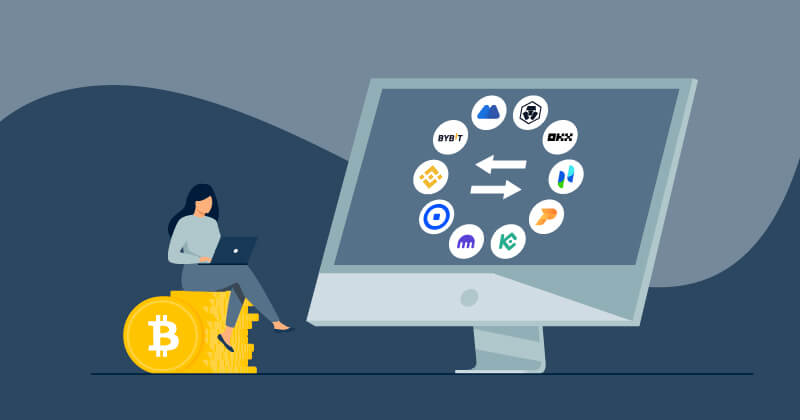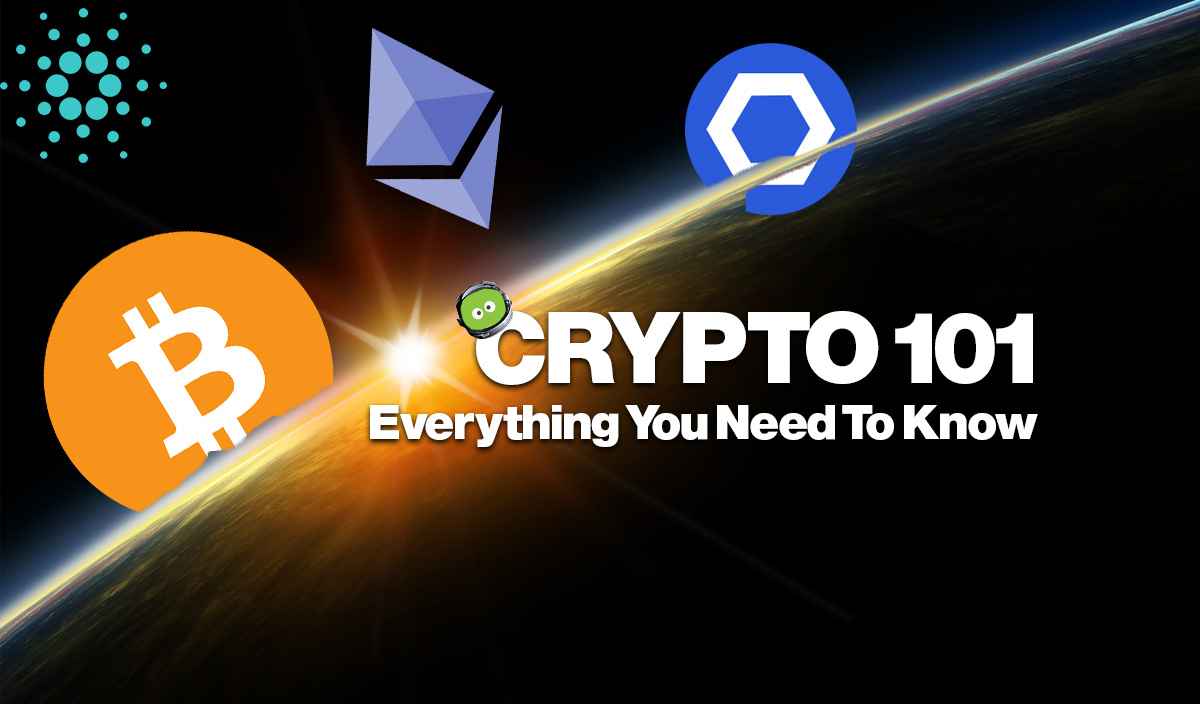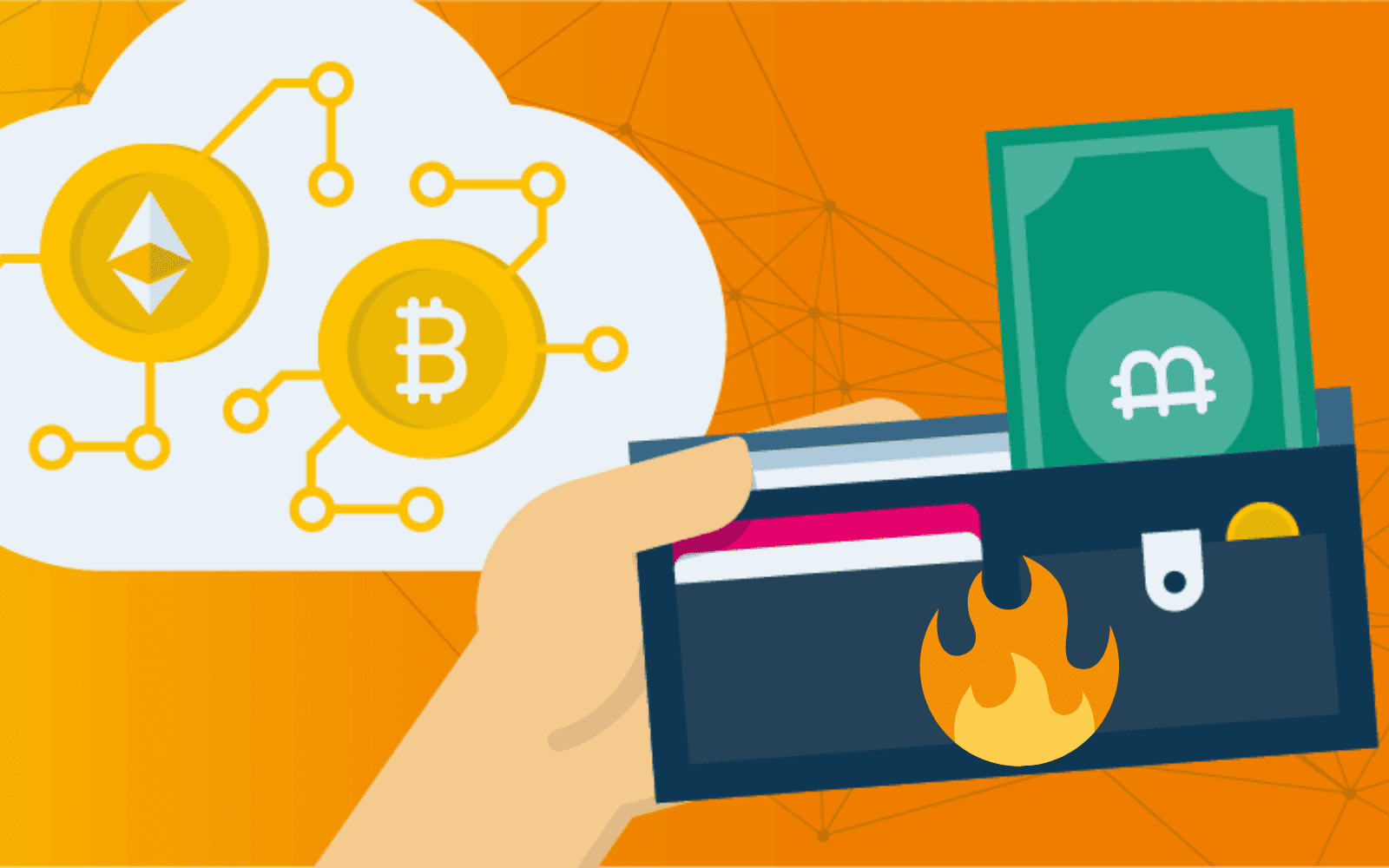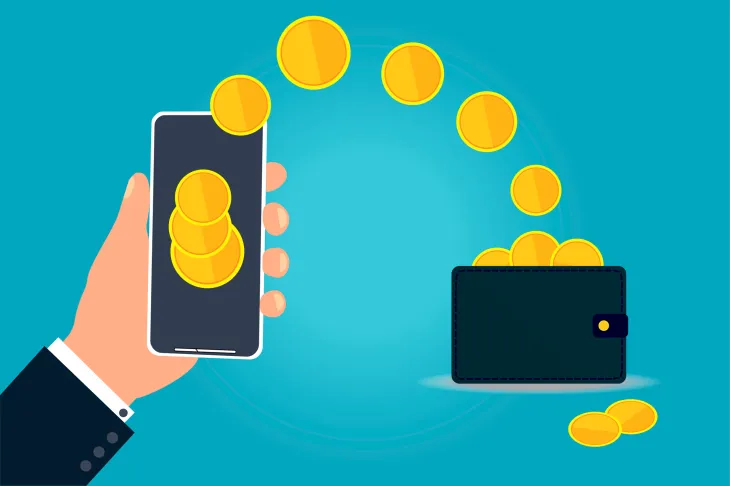Jumping into the digital currency wave without knowing the best practices for storing cryptocurrency for beginners is like surfing with sharks – risky! We get it, you’ve mined or bought your shiny new crypto coins, and now the burning question is, “Where do I keep them safe?” Let’s break it down. You’ll need a crypto vault, and not the kind you see in bank heist movies. Knowing how your storage works is key, like choosing between a wallet that’s always online (hot) or one that’s not (cold). Then, we’re talking about beefing up security, because let’s face it, the online world has more bandits than the Wild West. We’re hashing out how encryption and multi-signature tech keep your treasure secure. With great power comes great responsibility, and picking a wallet is no less critical than choosing your first superhero action figure. And for the bold knights ready to conquer the crypto kingdom, we’ll dive into the master plan for when things go south. Now, let’s turn that digital loot into a Fort Knox.
Understanding Cryptocurrency Storage Fundamentals
Distinguishing Between Hot and Cold Wallets
How do I store my cryptocurrency?
You can use hot wallets or cold wallets. Hot wallets connect to the internet. This makes them quick for daily use. But, they face more risks from online threats. Hot wallets include mobile and desktop apps. They are like pockets for everyday spending money.
Cold wallets are not connected to the internet. They are more secure from hackers. Examples include hardware wallets or paper wallets. They are like safes for your digital gold.
Let’s dive deeper.
Your first choice is a hot wallet or a cold wallet. Think of hot wallets like your current, ‘spendable’ pocket cash. They’re great for quick access, like buying your morning coffee. They come with risks, though. Imagine leaving your wallet on a busy street. Online threats are like those busy streets.
Cold wallets, on the other hand, are offline. They are your long-term savings. It’s money you’ve tucked away under the mattress. Even better, they’re like a fireproof safe. Hackers can’t easily get to them. They’re safe for your prized coins.
Analyzing Cryptocurrency Wallet Types and Their Functions
What kinds of wallets can I use for crypto?
There are many: paper, mobile, desktop, and hardware wallets. Each has its own features and uses. Paper wallets are printouts with your crypto keys. They’re basic but very secure if you keep them safe. Mobile wallets are apps on your phone. They are handy but keep your phone safe. Desktop wallets are programs on your computer. They have more features than mobile ones. These need a strong password to keep them safe. Hardware wallets are devices just for crypto. They are the most secure.
Here are more details.
Paper wallets are like secret maps to treasure. If no one else sees the map, your treasure is safe. Keep your paper wallet in a hidden, dry place. A lockbox is a good choice.
Mobile wallets put your crypto in your pocket. They are easy to use but be careful. If someone steals your phone, you could lose your coins. Use a lock screen and backup your wallet.
Desktop wallets are like filing cabinets on your computer. They can store more types of coins. Keep your computer free from viruses to protect them.
Hardware wallets are special. They keep your crypto offline on a device like a USB drive. They protect your coins even if your computer is hacked. They are like portable vaults.
Each wallet offers different features. Choose based on how you’ll use your crypto and what risks you’re willing to take. Safety is the key. Always keep your crypto tools updated and use strong passwords. Managing your crypto keys is serious business. It’s like being your own bank. Understand your choices and protect your digital wealth.
Implementing Robust Security Measures
The Importance of Encryption and Multi-Signature Protection
Let’s keep your crypto safe. Think of encryption like a superhero shield. It guards your digital coins from hackers and thieves. Using a secure crypto wallet that offers encryption is like having that shield up all the time. No one but you should get in. Multi-signature protection is another hero. It’s like a door that needs two keys instead of one. For big transactions, it means several people must agree. This stops one person from making moves with your money.
Both encryption and multi-signature are must-haves. They protect your money like guards. Pick wallets that have these and sleep easier at night. Always check that these features are on. They’re your money’s best friends. Make sure only people you trust have access to the second key.
Mastering Seed Phrase Safeguarding and Backup Strategies
Your seed phrase is a secret code. It’s the key to your crypto vault. So, never share it. Write it down carefully. Not on your computer or phone. These can get hacked. Use paper. Then, store this paper somewhere only you can find. Like a safe or hidden spot you remember.
Backup means not putting all your eggs in one basket. Make copies of your seed phrase. Keep them in different safe places. If one is lost, you have others. This is like having spare keys to your house.
Regular back-up of your wallet is also smart. It’s like checking your smoke detectors. You hope you’ll never need it, but it’s lifesaving if you do. And update your wallet software. It’s like getting a flu shot. It keeps your wallet strong against viruses.
Remember, backups are like gold. Tell no one where they are, except maybe family. Or someone you would trust with your life. They should know how to get your crypto if something happens to you.
Crypto is exciting, but you must be careful. The thrill of trading and owning digital currency comes with responsibility. If you protect it well, it can be a treasure that grows over time. Keep these tips in mind, and you’ll be a pro at storing crypto safely.
Always ask yourself: “How secure is my crypto?” It’s a world where being extra careful goes a long way. You’re not just protecting money; you’re protecting your future. So, dive into crypto, but keep it locked tight. Welcome to the vault of tomorrow—your crypto journey starts with security.
Selecting and Using Crypto Wallets Wisely
Hardware Wallet Advantages Over Software Wallets
Hardware wallets keep your crypto offline. This makes them super safe. They’re hard for hackers to attack because they’re not connected to the internet. Using a hardware wallet means you have less to stress about with online dangers. They’re like your personal crypto safe that nobody else can open. With these gadgets, your coins are stored cool and snug, away from the reach of digital thieves lurking on the net.
It’s smart to use when you’re holding crypto for a long time. Hardware wallets are perfect for your “hodl” strategy. Worried about losing them? Well, they have a secret phrase – a seed – that helps you get back your coins even if the wallet is lost. That’s a lifeline in the crypto sea!
Criteria for Assessing Wallet Provider Credibility
You want a wallet provider that’s like a trusted friend. It’s got to have a solid rep. How long have they been around? What do other users say about them? Hunt for reviews, real user feedback, and stories. Also, are they clear about how they protect your crypto? Transparency is key. Look for security features: Do they offer encryption, multi-signature options, or two-factor authentication?

Beginner Crypto Wallet Comparison
Always check for regular updates. A wallet that keeps getting better is a wallet that keeps getting safer. Smart providers apply armor by tackling the latest crypto threats with updates. Would you trust a rusty lock? I wouldn’t. So don’t settle for a wallet that isn’t polished by its makers often.
In crypto, it’s crucial to make wise choices, especially with wallets. Go for the one that guarantees a strong shield around your digital gold. Aim for the provider that has proven they can stand like a fortress. Your crypto’s safety is the prize, and choosing right is winning half the battle.
Advanced Protective Practices for Cryptocurrency Owners
Devising a Comprehensive Recovery Plan for Crypto Assets
You might think, “What if I lose my crypto?” You need a solid recovery plan. First, write down your seed phrase. This is a long list of words that can get back your crypto if lost. Keep this phrase safe and secret. Think of it like treasure. Don’t keep it on your computer or phone. Paper or metal backups are smarter. Tell someone you trust about your plan or, better yet, stay quiet and keep it hidden.
If your wallet offers multi-signature protection, use it. This means needing more than one key to get to your crypto. It’s like having a safe that needs two keys to open. Plan who will have the second key. They should be as careful as you are.
Don’t forget to keep your wallet software updated. Updates fix holes that hackers could use. It’s like fixing a broken lock on your door.
Remember, hope for the best but plan for the worst. A strong recovery plan means less worry about your digital coins.
Maneuvering Decentralized Finance (DeFi) Storage Security
DeFi is like a money playground. But it can feel like the Wild West with risk all around. Use wallets that put you in control. Non-custodial wallets are where only you hold the keys. No one can take or freeze your assets.
Understand hot and cold storage. Hot means online and cold means offline. Think of hot as your wallet and cold as your bank. Use cold storage for big amounts, like savings. Hot storage is for spending money.
Be careful where you swim in DeFi waters. Some pools can be deep and murky. Only use services that have a strong rep. Stay clear of offers that seem too good. They might be just trying to bait you.
In DeFi, always double-check transactions before you sign. One wrong click and your crypto could swim away. Knowledge is power here. Learn the basics of contract functions if you mess with DeFi tools.
DeFi is exciting but play it safe. Stick with what you know and slowly dive deeper as you learn.
In this post, we tackled the big world of crypto storage. We looked at different wallets, from hot to cold, and learned how each one works. We also talked about keeping your digital coins safe. We know now that encryption and having more than one signature are key. Plus, we can’t forget about protecting our seed phrase and backing it up.
When picking out a wallet, remember that hardware ones have plus points, like better security than software wallets. It is also important to check if the wallet provider is one you can trust.
Lastly, for the pros out there, we covered how to set up a solid plan in case something goes wrong with your crypto and how to stay safe using DeFi storage.
Crypto is exciting, but it’s also serious business when it comes to security. Use these tips to keep your assets locked up tight!
Q&A :
What are the safest methods for storing cryptocurrency if you’re a beginner?
Storing your cryptocurrency safely is crucial to avoid theft and loss. For beginners, the safest methods are usually hardware wallets or paper wallets because they are offline and thus less susceptible to hacking. Hardware wallets, like Ledger or Trezor, store your private keys on a physical device that you can disconnect from the internet. Paper wallets involve printing or writing down your keys and storing them in a secure location.
How frequently should I back up my cryptocurrency wallet?
It’s essential to back up your wallet right after creating it and every time you make a significant transaction. Always store backups in secure, multiple locations. If you’re using a digital wallet, make sure to back up your keys and any seed phrases that would allow you to recover your wallet if your computer or device were to fail.
What is the difference between hot and cold crypto storage, and which is better for beginners?
‘Hot’ storage refers to wallets that are connected to the internet, such as mobile, desktop, or web wallets. While convenient for frequent trading and access, they are more vulnerable to cyber threats. ‘Cold’ storage refers to keeping your cryptocurrency disconnected from the internet, such as with hardware or paper wallets. For beginners, cold storage can be a better option due to its increased security against online attacks.
Can I store all types of cryptocurrencies in the same wallet, or do I need separate wallets for different coins?
It depends on the wallet. Some wallets are designed to support multiple types of cryptocurrencies, while others only support a single currency. Multicurrency wallets are convenient for managing a diverse portfolio without needing separate wallets. However, beginners should check compatibility before choosing a wallet to ensure it can store all the cryptocurrencies they intend to hold.
Is it necessary to use a cryptocurrency wallet, or can I just leave my digital currency on an exchange?
While it’s possible to leave your cryptocurrency on an exchange, it is not recommended as the best practice, especially for large or long-term holdings. Exchanges are often targets for hackers, and if the exchange gets compromised, you could lose your funds. Using a personal cryptocurrency wallet gives you greater control over your assets and their security. For beginners, moving funds to a wallet after purchase adds an extra layer of security.



